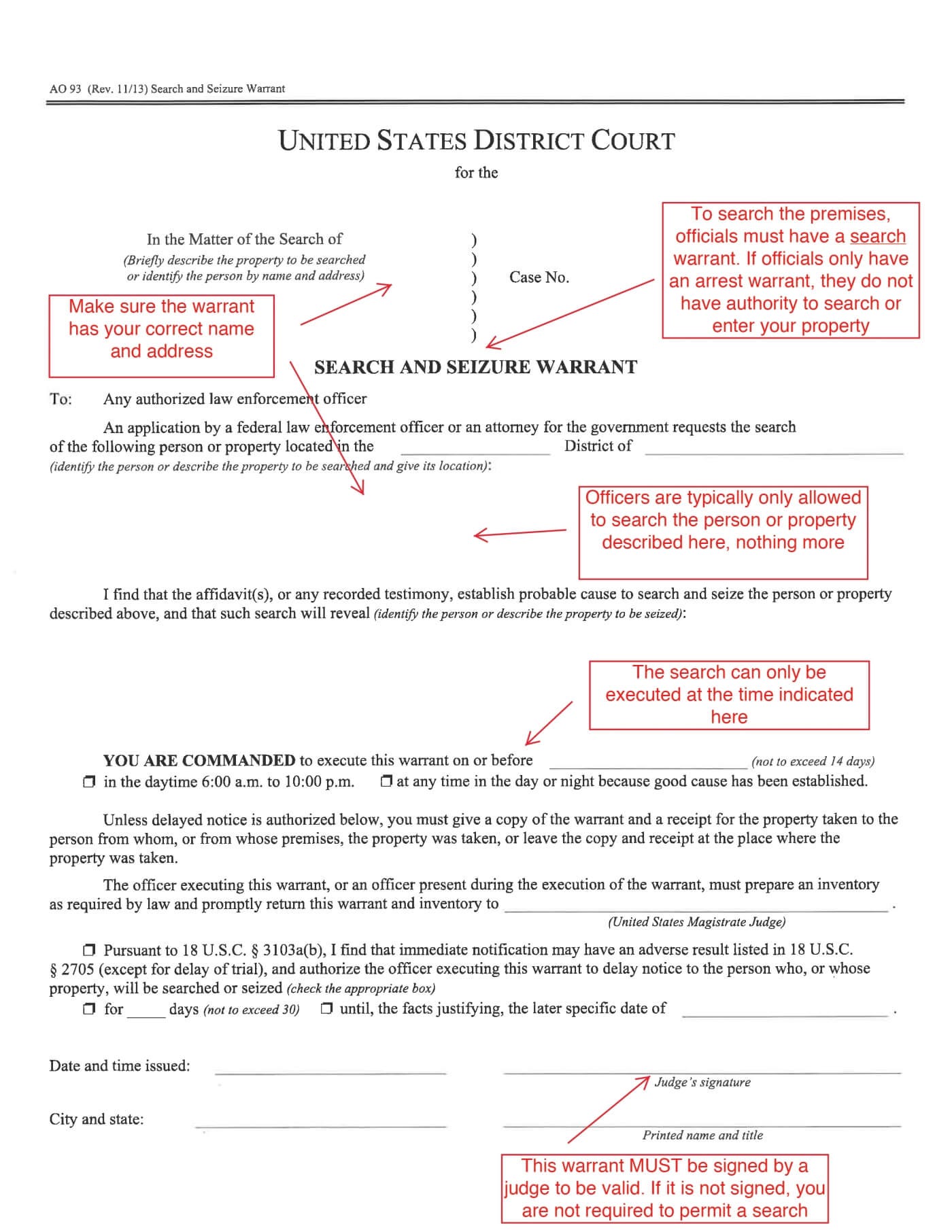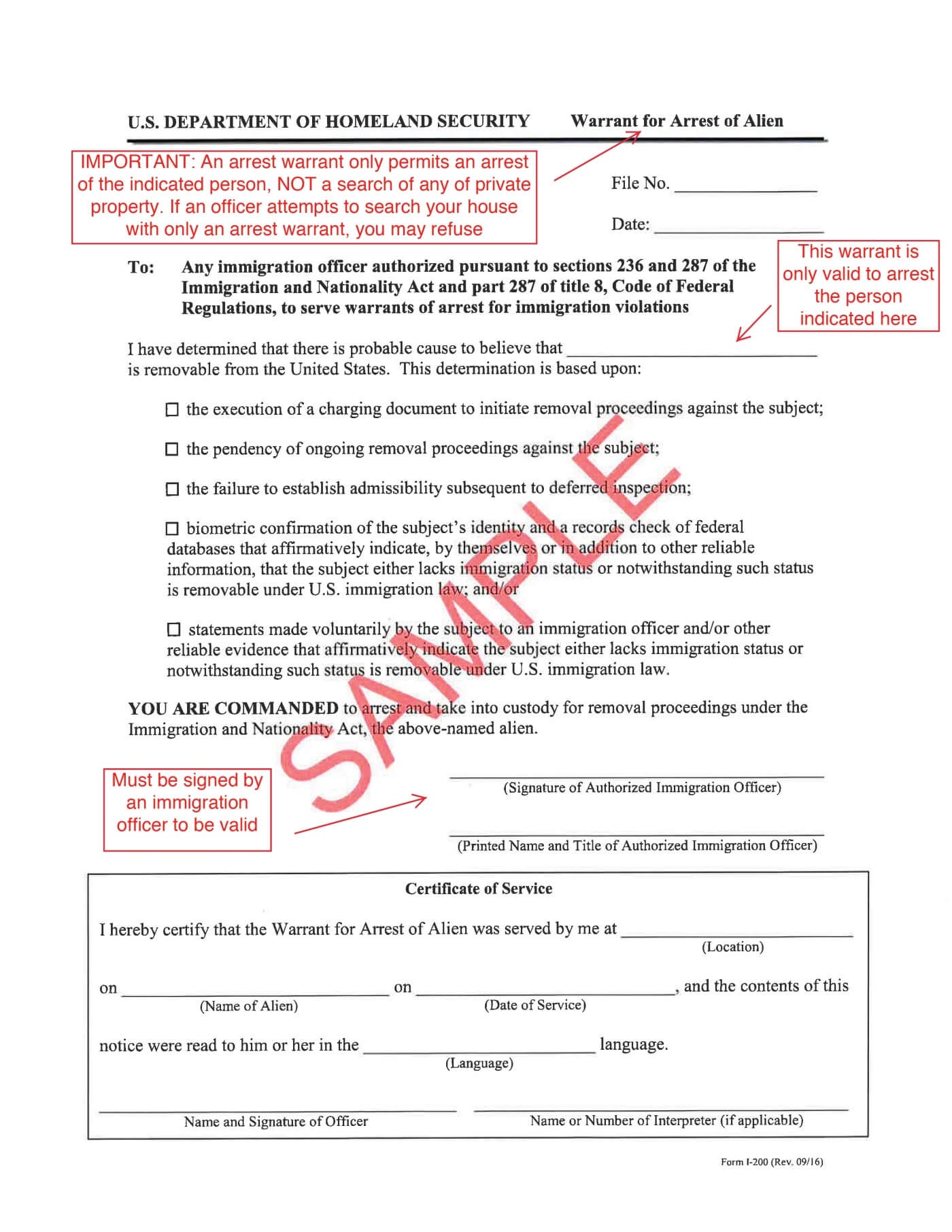Saturday June 14th was spectacular! In my town 14% of the population turned out to show their disgust with Frump (F-ing Trump) and it was truly a beautiful thing. Yes, some 12,000 people gathered peacefully and I left the event energized and filled with gratitude. I hope you got to experience some of the Anti-MAGA magic where you live, too.
After the protest I scurried off to attend a meeting about how to handle Immigration Customs Enforcement (ICE) raids. Sadly we are bracing for an influx of ICE agents in my community. I realize people organizing around keeping on top of ICE may seem controversial to some of you.
“After all,” you may be reasoning, “they are here illegally. Wouldn’t it just be easier all around if people without papers just went back to their countries of origin? I mean they may even be safer there.”
This line of questioning reminds me of an epiphany I had while teaching English As A Second Language (ESL) to high school students in the San Fernando Valley. This public school was part of the massive Los Angeles Unified School District and shortly after I arrived the ESL department started working with a new curriculum. We were instructed to start teaching from it immediately, and I did. When I came to an essay prompt asking the students to share how they came to the United States, I assigned it without hesitation.
I had already taught them an outline to a five paragraph essay, but this was a narrative essay and they had more leeway to express themselves. As I watched the teens lean into one another and whisper in Spanish about details they could not yet express in English, my curiosity grew. In a fit of genius I decided they should read their pieces aloud for all to hear. It would kill multiple birds with one stone, right? They could practice their public speaking skills and pronunciation, earn points for completing an oral evaluation, and I would hear their essays right away!
When I called the first name on my list a lean boy stood up and read from his paper:
I paid a lot of money to the truck driver, then I got very small. I folded myself along the sides of a truck tire. It was a tire in the back of his truck. I covered myself with a tarp. I was very cold but he drove me across the border. Good thing I’m skinny.
Before this assignment my students had only described the homes they’d left as beautiful. I’d enjoyed vivid descriptions of clear water and white sand beaches. In their retelling of the town square with its large stone fountains and festivals, hunger and hopelessness had no place. In their pueblos, poverty never made an appearance. Home had been filled with gentle people and delicious aromas, and I believed them. Their memories contained no gangs. The drug cartel never made an appearance. They had long ago excised the rot with surgical precision, as only the sane will do.
I called the second name and a bashful fourteen year old girl stood, swept her long hair from her face, took a deep breath, and began reading:
Near the border a gun was held to my head. My aunt was to be raped. I prayed and prayed for a miracle. The trigger was pulled. The gun was quiet. I thank God. I thank Him so much.
Peering over my grade book and watching her lips quiver as she relived the hellish experiences, I cursed the prompt for the trauma, misfortune, and hope it had unleashed. I hadn’t expected to hear such tales of vulnerability, fear, and abuse and wasn’t sure we should continue the exercise aloud. I asked the students to pass their papers forward instead.
As I read the essays privately I understood that leaving wasn’t a choice but a last resort. They had been willing to risk their bodies and very lives for a chance. A chance to live in safety? A chance to gain skills? A chance to forge a different path? Yes, sure, but living in the USA was first and foremost a chance to survive.
My students had gambled everything for the chance to belong to a country that had already decided they were unworthy. These children had given everything for a white woman to write on the side of their papers:
Actually Esmeralda, rape is not just a noun, but also a verb.
Add a “d” here to make it past tense.
As they taught me that day, “returning home” is just not a reality for many people who come to the US - with or without the correct documents. As our government experiments with democracy now, I think we need to protect the rights of all human beings. If this sounds like a vast assignment, it is! So let’s just start in our own communities. There is much we can learn from the organizations that have been at this for decades. I am learning my rights as a human in this country from folks who have been in the trenches much longer than me.
And I have been sharing what I learn with local business owners. Because so far the pattern has been for ICE agents to try to take over businesses, arrest people on the spot, and ask questions later.
This is in violation of US law and wholly illegal.
We can not be sure our rights as US citizens won’t be in question soon, too, but for now ICE finds white US citizens to be the least interesting population, and harassment has been minimal. This is why white US citizens have got to be part of the solution now and act as witnesses when ICE comes into your community. If you see any interactions between ICE and individuals it is imperative you take notes. Whipping out your cell phone and filming what is happening would be even better. You might capture invaluable information that could help families know what happened to their loved one.
Please then call or text a rapid response hotline in your community where the information can be shared. Your report may keep others from being taken away that day. Share your footage with the organizations that protect the civil rights of immigrants. What you have documented may be used in court to keep agents accountable for unlawful behavior and could help at the person’s immigration hearing.
Some Basics:
Federal agents and police officers and deputy sheriffs must all show a warrant before searching a home or business. The warrant must be signed by a judge, include the date, and the exact address of the business or home they want to search. If they are looking for an individual their name must be on the warrant as well. See the example warrants below:
Businesses have 24 hours to collect documents for the names on the warrant. They can hand over documents within a 24 hour period. They do not need to hand over people (!), just paperwork.
There are many resources online and I have embedded some links throughout this piece. The more familiar we are with the law, the easier it will be to speak up should the moment arise.
I hope you will ride the momentum from June 14th and enjoy that exhale, then continue to get back out there. Show your community you care about their well-being by ensuring they know their rights and that you value them as a human being. Love is a super power and now is the time to use it.
With love,
Hilary







